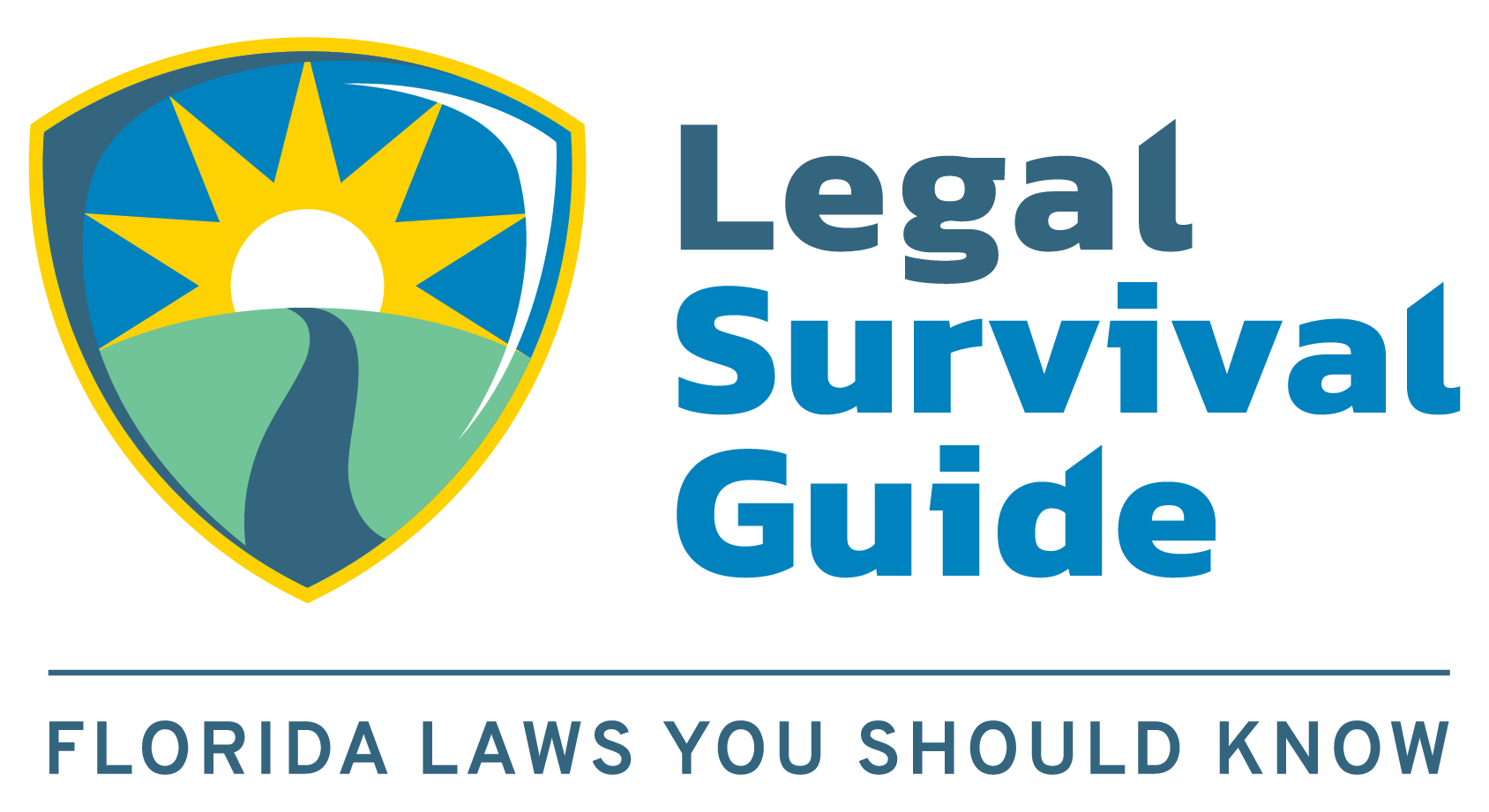In Florida, it is illegal to operate a motor vehicle while using your hands to type, text, or email on a wireless communications device or while sending or reading data on such a device. Wireless communications devices include (but aren’t limited to) devices such as a cell phone, tablet, laptop, two-way messaging device, or electronic game that can be used in a handheld manner. In general, a person is operating a motor vehicle if they physically control that vehicle, whether it’s moving or not.
In Florida, this is a “primary offense,” which means a law enforcement officer can stop your vehicle and issue a citation if they suspect you are violating this law, even if you aren’t violating any other traffic laws (such as speeding or reckless driving).
In general, a person is “operating” a motor vehicle if they physically control that vehicle, whether it’s moving or not. However, for the purposes of this law, a motor vehicle which is stationary is not being “operated” and is therefore not subject to the prohibitions of the law – this is very different from other laws that use the word “operating”, such as laws against driving under the influence of drugs or alcohol. Under this law, a “motor vehicle” is any self-propelled vehicle not operated on rails or guideway, but doesn’t include any bicycle, electric bicycle, motorized scooter, electric personal assistive mobility device (such as an electric hoverboard), mobile carrier or personal delivery device (aka sidewalk delivery device), swamp buggy or moped. Golf carts and agricultural vehicles (when operated on public roads), motorcycles, autocycles, and tri-vehicles are covered by this law.
Holding a Cell Phone While Driving
Drivers are also prohibited under Florida law from using a cell phone or other wireless communications device by holding it in their hand while moving through any school crossing, school zone, or work zone (with workers present). A work zone is an area on any public highway or street where construction, repair, maintenance, or other street work is being performed or where one or more lanes are closed to traffic.
Exceptions to the Law
The law contains several exceptions to its prohibitions, such as using a device to report an emergency, or criminal or suspicious activity, to law enforcement authorities. A driver can also receive messages related to the operation or navigation of the motor vehicle, safety-related information (such as emergency, traffic, or weather alerts), data used primarily by the motor vehicle itself, or radio broadcasts.
This law is intended to improve safety for drivers, passengers, and pedestrians by prohibiting non-voice wireless communication. The law allows a person to use their device in a hands-free manner.
Searching Your Phone
If you’re stopped on suspicion of texting while driving, the officer may ask to search your wireless device. The law requires the officer to inform you of your right to decline such a search, and if you refuse, the officer may not access your device without first obtaining a search warrant from a judge.
The officer also cannot confiscate your device while waiting to obtain a warrant to access it. The officer cannot get your consent to access your device by coercion or other improper methods; voluntary, clear, and without hesitation.
Texting While Driving Resulting in a Crash
If a crash results in death or personal injury, the billing records for your wireless communications device or testimony or written statements from appropriate authorities receiving such messages may be used as evidence in court to determine whether you were texting while driving at the time of the accident.
Consequences of Texting While Driving
Violating Florida’s Ban on Texting While Driving Law is a noncriminal traffic infraction punishable as a nonmoving violation. However, a second or subsequent violation within 5 years of a prior violation is punishable as a moving violation.
Texting while driving in a school or work zone is a noncriminal traffic infraction, punishable as a moving violation, resulting in the assessment of 3 points against your driver’s license. First-time offenders may elect to participate in a wireless communications device driving safety program, after which any penalties and costs may be waived, and the assessment of points must be waived.
If you are a first-time offender and provide the clerk of court with proof of purchase of equipment that enables your wireless device to be used in a hands-free manner, the clerk must waive the points against your driver’s license, and may dismiss the case and the court costs for a nonmoving infraction.
A court appearance is not generally required to respond to a violation of this law, but if any other offenses are also cited, you may be required to appear in court. Always read any traffic citation carefully and consult an attorney if you are unsure of your rights and obligations.

